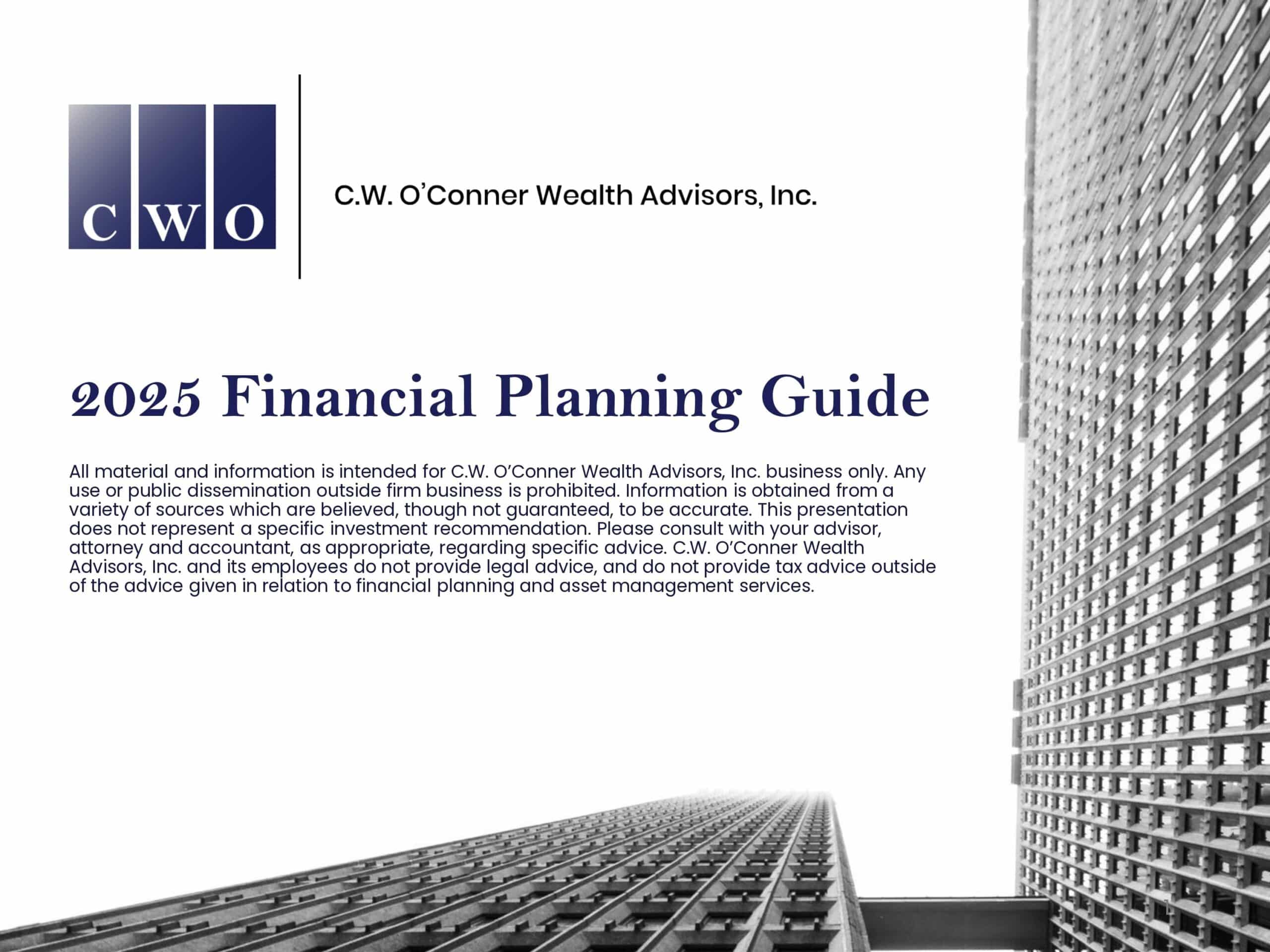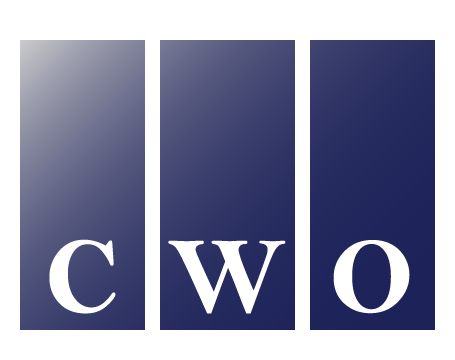
Family businesses are a source of pride and a testament to hard work. Yet, even the most successful businesses are destined to face a transition. The question is, how do you ensure a smooth transition that both honors the legacy you’ve built and secures your family’s future?
This guide is here to help. Below, you will learn all about the intricate world of family business exit planning. You’ll be exposed to the challenges you will face as well as the strategies you will have at your disposal. Lastly, and most importantly, you will learn how to get the help you need to create the family business exit plan that is right for you.
Table of Contents
What Is Family Business Exit Planning?
Family business exit planning is your roadmap to success when it comes to gracefully stepping away from your company. The process ensures you are prepared for the inevitable day you need to pass the torch. It’s all about outlining the how, when, and to whom you’ll transfer your business, and establishing a plan that serves both your personal and professional objectives.
Exit planning involves not only the mechanics of the transition but also the careful consideration of your personal financial goals, emotional ties, and the legacy you’re looking to leave behind. As you pave the way for the next chapter of your business, exit planning helps you lay out the strategy that will guide a smooth transition, preserve the integrity of your family business, and keep your future financially secure.
Please Note: A holistic approach to your exit planning is critical. It’s not just about the business, it’s also about you and the life you envision after your exit. There can be a significant gap to fill once you’ve stepped away. Your personal goals, be it retirement or new ventures, should guide your strategy. The right group of professionals (e.g. financial advisors, attorneys, valuation experts, and accountants) is key, providing expert advice for a smooth, tax-efficient exit, ensuring a prosperous life post-transition.
What Are The Challenges of Family Business Exit Planning?
You’re taking an empowering step in your business journey by exploring family business exit planning. This is about creating a strategy for the day you pass the torch of your beloved business. You want to make sure everything runs smoothly and your legacy stays strong. So, what are the challenges you need to anticipate? Let’s dive in:
Identifying a Successor: Choosing who will carry on your business is paramount. It could be a family member, an employee, or an outsider. Regardless, you’ll need to ensure they have the skills and devotion your business requires.
Training and Transition: Before you pass the baton, you need to ensure your successor is ready. Invest time in training and share your invaluable insights to equip them for success.
Handling Emotional Ties: There can be a sentimental value attached to your family business. Exiting can be emotionally trying for you and your family. You’ll need to communicate openly and support each other throughout the process.
Valuing Your Business: Determining the worth of your family business can be tricky. You’ll want to work with a valuation expert. That way, you’ll get an objective sense of what your business is really worth.
Financial Security: You need to think about your long-term financial security as part of your exit planning. A financial advisor will be instrumental in making sure you have an asset base and income stream that protects your retirement and supports your desired lifestyle post-exit.
Legal and Tax Considerations: Exiting a business comes with legal complexities and tax implications. Lean on a legal and tax expert to guide you through the maze.
Timing: Picking the right moment to exit is critical. You will need to analyze market conditions and competitor movements and align them with your personal goals. This is another area where working with the right team of professionals is key.
What’s the Right Family Business Exit Strategy?
A successful transition for your family business requires a clear understanding of your options. Each strategy comes with distinct considerations, benefits, and challenges, shaped by factors such as your financial goals, desired level of involvement, and the long-term vision for your business. Below, you will explore some exit planning strategies that may be right for you.
1. Family Succession
With a family succession, you’re entrusting the reins of your family business to someone close to your heart, like a child or sibling. A succession plan is a common go-to strategy if you’re looking for your business to be carried on through your family.
Pros:
Continuing Your Family Legacy: Your business can remain a family treasure, and the legacy you built can continue to grow.
Smooth Transition: Your family likely already knows the ins and outs of your business. This can make the transfer of ownership and management a lot smoother.
Maintaining Client Relationships: Clients who’ve become fond of your family might stick around for more of the same treatment.
Cons:
Volatile Emotions: Emotions can run high around your family business. Sentimental ties could blur the lines, making objective decisions a challenge.
Limited Successors: Keeping it in the family can be cozy. However, you might miss out on stellar talent that comes from beyond your family tree.
Conflict: If your family does not see eye-to-eye on the future, tensions can build and conflicts can arise.
2. Family Limited Partnership (FLP)
A Family Limited Partnership (FLP) allows family members to combine their assets and invest together, which makes it a powerful estate planning and family succession strategy. Decision-making authority is divided between general partners, who have full management and operational control, and limited partners, who participate passively.
Pros:
Tax Benefits: The funding for your FLP can be discounted due to the decreased value of assets influenced by the limited partners’ minority interest. Moreover, you use less of your gift and estate tax exemptions during the establishment of the partnership. Profits and losses are then individually taxed on each partner’s personal tax return.
Control: As a general partner in your FLP, you retain control over how your family’s assets are protected and managed.
Helps With Succession Planning: FLPs can also help with your succession planning. They help in educating future generations about handling the family enterprise. Additionally, they can streamline the transfer of wealth and decision-making power to the subsequent generation.
Cons
Complexity: FLPs are complex by nature. From a legal and business standpoint, you’ll want to be prepared for a demanding setup, ongoing maintenance, and a rigorous regulatory compliance process.
Cost: Due to their complexity, maintaining an FLP can be expensive. Retaining professionals like estate planning lawyers, CPAs, or property valuation specialists may be necessary.
Limited Flexibility: Altering or dissolving an FLP can be challenging. Liquidity issues may also occur for limited partners due to obstacles faced in selling or transferring their partnership interests.
3. Place Your Family Business In A Trust
As you contemplate the future of your family business, placing it inside a trust may emerge as a fitting option. This approach can be a powerful tool in safeguarding the business and ensuring its sustained growth. By placing your business in a trust, you can efficiently manage estate taxes and retain control over how the business is handled after your exit.
Pros:
Estate Tax Benefits: By transferring your business to a family trust, you can reduce estate tax liabilities. This can be a significant financial advantage for your beneficiaries, allowing more of the business’s value to remain within the family.
Protection from Creditors: A trust for your business can offer protection against creditors. Should there be financial difficulties or legal challenges, the assets held in the trust are generally shielded, safeguarding your business for future generations.
Controlled Succession: Through a family trust, you can specify the terms under which the business is operated after your departure. This helps keep your business running in a manner consistent with your vision.
Cons:
Complex Setup: Establishing a trust is often a complex process. You will likely need the services of legal and financial experts to ensure that the trust is structured correctly and compliant with relevant laws.
Continuous Costs: A trust for your family business is not a one-time expense. It involves ongoing costs such as trustee fees, legal expenses, and administrative charges, which can add up substantially over time.
Potentially Limited Flexibility: Changing your trust agreement may be difficult or impossible depending on the type of trust. This can limit your ability to adapt your family business’s structure or management to changing circumstances.
4. Sell To A Third Party
Opting to sell your business to a third party involves transferring ownership to an external entity. This could be an individual, an investment group, or another business. This path necessitates rigorous market research, accurate business valuation, and potentially the services of a broker. It’s important to note, however, this strategy is more commonly used by business owners seeking a definitive exit.
Pros:
Enhanced Financial Returns: Selling to a third party can potentially yield higher financial returns. With a healthy amount of outside interest, the value of your business can increase as multiple buyers bid against one another.
Full Separation and Liquidity: If you’re looking to walk away completely from your family business, selling to a third party can be advantageous. The proceeds from your sale can then be used to launch a new enterprise or pursue other financial goals.
New Growth Opportunities: A third party may introduce additional capital and expertise to your business. This could lead to new avenues for expansion, diversification, and innovation which may be beneficial for your employees.
Cons:
Loss of Control and Influence: Post-sale, you will cede control of your family business. The new ownership may implement changes in company culture, branding, and day-to-day operations that may not align with how your family business preferred to do things.
Implications for Employees: The new ownership might undertake a restructuring of your business. This may result in alterations to employment contracts, which can be concerning if you maintain strong bonds with your employees.
Complexity and Duration: Selling to a third party is often a complex and protracted process. It involves negotiations, due diligence, and legal compliance. Confidential information will be under scrutiny, and there is a risk of no transaction materializing even after you’ve committed a substantial amount of your time and resources.
5. Liquidation
When considering liquidation, it entails winding down your business and selling off the assets. This route is often chosen in instances where the business is no longer sustainable, there is difficulty in finding buyers, or there is an absence of successors. This approach is more conclusive compared to other strategies, marking the termination of your business.
Pros:
Efficiency and Expediency: Liquidation can be more streamlined and rapid. There is no necessity to secure a buyer for the business in its entirety; instead, the focus is on the disposition of assets.
Prompt Liquidity: Liquidating assets facilitates the almost immediate conversion into cash. This can be advantageous for settling liabilities or if you aim for a decisive break. The proceeds can be utilized for alternative investments or personal expenditures without the intricacies of financing or extended payment schedules.
Mitigating Financial Risks: In cases where the business is underperforming or faces substantial hurdles, liquidation can serve as a means to limit financial exposure. This approach may be the most pragmatic alternative for safeguarding your financial interests.
Cons:
Potentially Diminished Returns: Liquidation often entails a rapid sale of assets, which may result in accepting lower offers.
Consequences for Employees and Stakeholders: Liquidation results in job losses for employees. Additionally, suppliers, clients, and other stakeholders may experience negative repercussions.
Forfeiture of Prospective Future Value: By opting for liquidation, you relinquish any future potential value that the business might have realized. For example, improvements in market conditions or operational enhancements could have augmented the value of a deferred sale.
CW O’Conner Helps With Family Business Exit Planning
At CW O’Conner, we understand the weight and significance of exit planning for your family business. It’s a complex process involving a multitude of factors – from identifying a suitable successor, managing emotional ties, and handling legal and tax considerations, to selecting the right exit strategy that aligns with your unique financial goals and personal aspirations.
With years of experience, we’re here to help you plan your exit strategy with a holistic understanding. As part of your professional team, we’ll make sure both financial and non-financial aspects are taken into consideration. That way, when it comes time to step away from your family business, you will be able to do so with confidence and peace of mind.
Don’t let this exciting chapter of your entrepreneurial journey be weighed down with worry. Reach out to us today, and find the exit planning strategy that’s right for you and your family business.
The opinions and analysis expressed herein are based on C.W. O’Conner Wealth Advisors, Inc. research and professional experience and are expressed as of the date of this report. Please consult with your advisor, attorney and accountant, as appropriate, regarding specific advice.
Download our 2025 Financial Planning Guide







